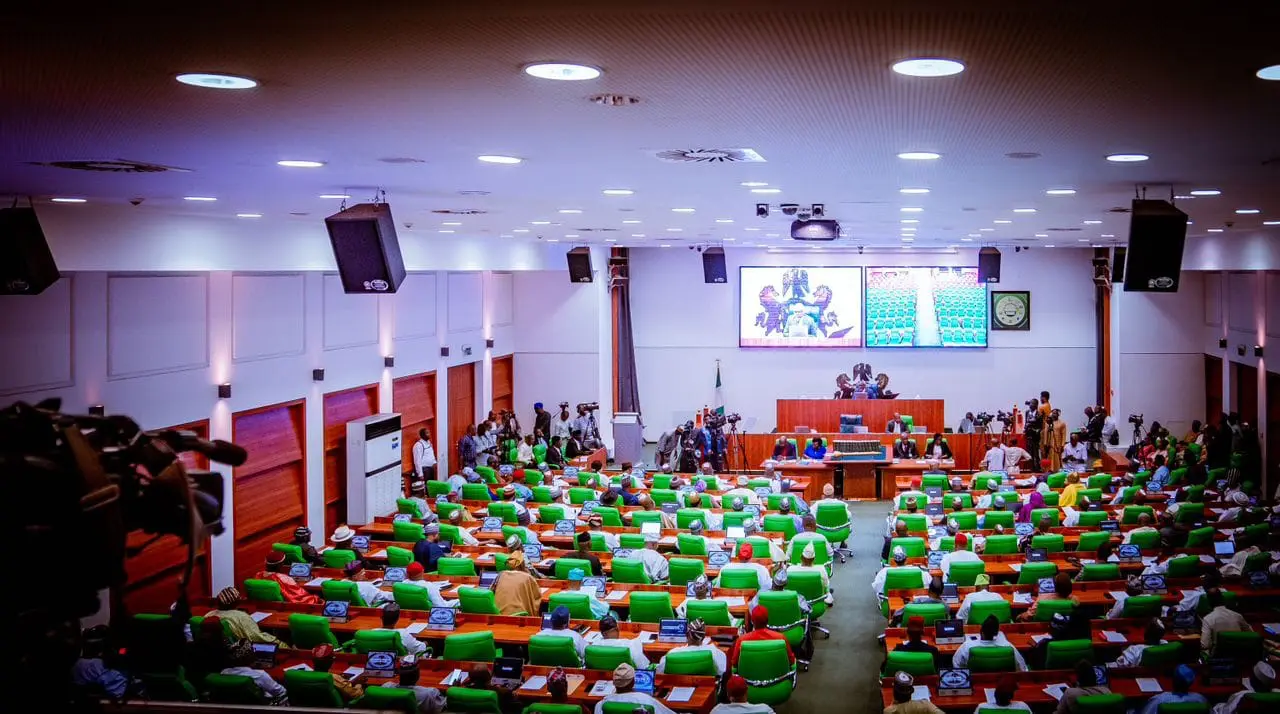House of Representatives to Investigate POS Fraud: CBN Governor, Bank MDs Summoned
The House of Representatives has called for the urgent implementation of verifiable documentation for Point of Sale (POS) users and fund recipients in Nigeria. This move aims to tackle the surge in fraudulent activities and bolster financial security nationwide.
This development followed a motion presented by Hon. John Okafor (APC, Imo), who spoke to PulseNets about the increasing threats posed by undocumented POS transactions. Okafor noted that these unregulated activities are fueling fraud within the financial system.
“The lack of proper identification of POS users creates a gateway for crimes such as identity theft, money laundering, and unauthorized transactions,” Okafor told PulseNets. He further highlighted that the current system’s gaps allow fraudulent activities to thrive, emphasizing the need for robust user identification processes.
“Undocumented POS transactions from both parties’ identities create a gateway for fraudulent activities,” Okafor stated. He argued that enforcing proper documentation would significantly curb fraud and enhance the overall security of financial transactions across the country.
According to what PulseNets learnt, Okafor stressed that implementing identity verification measures would ensure greater accountability and traceability in financial dealings, making it easier to hold individuals responsible for illegal activities conducted through POS systems.
“This transparency will help trace transactions back to the individuals involved, ensuring a lasting end to the criminal use of POS,” he added.
Speaking further, Okafor reported that regulatory loopholes have contributed to the system’s vulnerability and called for immediate action to prevent further exploitation.
Also Read: POS Fraud: PalmPay Customer Loses N2.8m to Fraudsters Because Agents Were Busy
He emphasized that creating a verifiable documentation framework would align Nigeria’s financial practices with international standards, such as anti-money laundering (AML) and know-your-customer (KYC) protocols.
“This will protect consumers and businesses from fraudulent schemes and encourage greater participation in the growing cashless economy,” he concluded while speaking to PulseNets.













